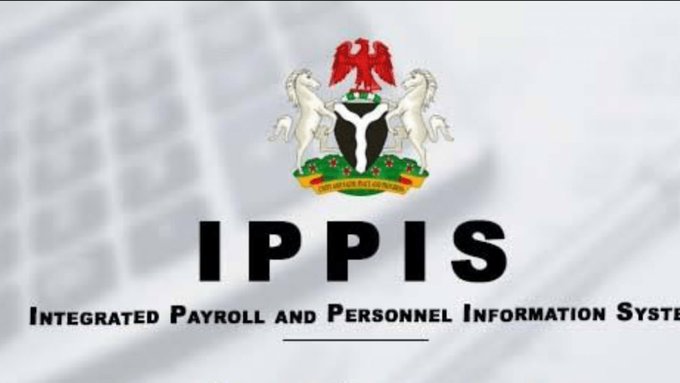NEWS
Nigerian Public Universities, Polytechnics Removed From IPPIS Platform

The Nigerian House of Representatives has ensured that there will be removal of public tertiary institutions from the Integrated Payroll and Personnel Information System (IPPIS).
According to the lawmakers, this move will boost the welfare of lecturers and reduce the brain drain syndrome plaguing public tertiary institutions.
At the Third International Conference of the Gender Policy Unit, Ahmadu Bello University, on Thursday in Zaria, the Speaker of the House of Representatives, Tajudeen Abbas, offered his opinion on persistent requests from stakeholders in education.
The Speaker stated that the IPPIS was a good place to start and that the Green Chamber would always support the interests of academia. The speaker was represented by Abubakar Fulata, the head of the House Committee on Education.
“We’re determined to ensure that universities, polytechnics, and colleges of education are removed from IPPIS,” he was quoted by The Cable.
He continued: “It is also our determination to make sure that education receives a substantial portion in the national budget at least to meet up with the United Nations requirement of 26 per cent of the national budget.”
The Speaker expressed sadness that the country’s education system had degraded to the point where lecturers’ lives were in jeopardy.
He stated that during a meeting the national assembly held with vice-chancellors around the nation, it was revealed that a professor’s take-home pay was less than N450,000 after taxes.
According to the speaker, the education industry finds this kind of compensation for university professors insulting.
The Nigerian government, in October 2006, introduced the IPPIS as one of its reform initiatives for the effective storage of personnel records, transparency and accountability.
In 2020, there were 696 ministries, departments, and agencies (MDAS) on the IPPIS platform.
However, the Academic Staff Union of Universities (ASUU) kicked against the enrollment of public university lecturers on the software.
ASUU developed the University Transparency and Accountability Solution (UTAS) as an alternative.
UTAS, the lecturers argued, accounts for the unique elements of university employment such as sabbatical leave, adjunct engagements, part-time engagements, and contractual obligations.
IPPIS has also been accused of being fraught with irregularities and discrepancy.







